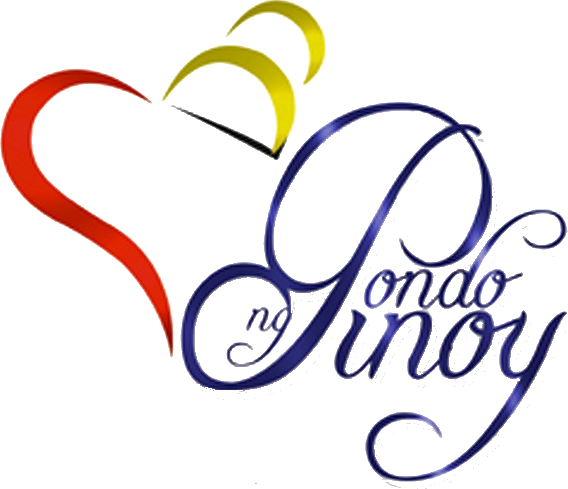
In 1982, from a farming town in Malaybalay, Bukidnon, the church, led by then Bishop Gaudencio Rosales, and its people began to act as one with the belief that even the smallest thing they can do, if done for and with others, will have a tremendous impact. The farmers were concerned because their farmlands seemed to be drying up, and after a meeting with the bishop, realizing that what was causing the land to dry up was the rampant illegal logging and denudation of the forests of Bukidnon. It was then that the vision be gan to take shape – that it is by doing small acts together, for a common goal and the good of all, that people are able to live their Christian lives to the fullest.
Archbishop Rosales brought this vision with him and nurtured it in his heart when he was transferred to Lipa, Batangas in 1993. The seeds of this vision was sown and incorporated into a catechetical book entiled “Aral ng Batangueño” that aims to inspire parishioners to live out their Christian lives to the fullest. And to help parishioners concretize their faith and love for the church, a cooperative was formed and later became a community foundation.
To instill in the faithful the belief that faith in and love of God do not depend on extraordinary acts, but on ordinary acts done with regularity, the Archdiocese of Lipa asked for “crumbs” from the parishioners. The “crumbs” is any amount parishioners can give. As time moved on, the “crumbs” amounted to 25 centavos, negligible to many but can become a big help if pooled together and given regularly as emphasized in the phrase “Anumang magaling, kahit maliit, basta’t malimit ay patungong langit.” This collection of funds was called Pondong Batangan. This system of collecting small donations grew over the years, expanding to other areas, and finally becoming a national movement known as Pondo ng Pinoy.
Pondo ng Pinoy came into existence after Gaudencio B. Cardinal Rosales was appointed archbishop of the Archdiocese of Manila. Cardinal Rosales launched the Pondo ng Pinoy Program at the Folk Arts Theater on June 11-12, 2004. It was registered with the Securities and Exchange Commission (SEC) on August 17, 2004 as PONDO NG PINOY COMMUNITY FOUNDATION INC. (PnPCFI). This simple pastoral program easily gained the support of his brother bishops and caught the imagination of so many people in the National Capital Region dioceses. A community foundation was set up to support its sustainability, the stewards of which are the bishops, the lay and a few members of the presbyterium.

As a registered nonprofit corporation, Pondo ng Pinoy is regulated by SEC and the Bureau of Internal Revenue (BIR) in so far as its funds generation and utilization activities are concerned. In regards to the observance of policies and standards on social welfare services delivery, Pondo ng Pinoy is under the supervision of the Department of Social Welfare and Development (DSWD). DSWD has registered Pondo ng Pinoy as Auxiliary Social Welfare and Development Agency (SWDA) under the category of Resource Agency. An Auxiliary Social Welfare and Development Agency refers to a type of SWDA which provides supportive activities in the delivery of social welfare and development programs and services to the disadvantaged sectors. A Resource Agency refers to an auxiliary SWDA that provides tangibles such as funds, food, clothing, medicines and shelter; or intangible such as knowledge, skills to various SWDAs to achieved their goals in providing social welfare and development services for their beneficiaries.
Also, Pondo ng Pinoy underwent certification process through the Philippine Council for NGO Certification (PCNC), a private accrediting body authorized by the Department of Finance to certify NGOs and Foundations applying for donee institution status. The certification would then serve as a basis for the BIR to grant donee institution status. Donors to a donee institution are entitled to tax deductibility of donations from gross income of donor company. PCNC Certification is likewise regarded as seal of good governance and good management practice.
Cardinal Rosales describes Pondo ng Pinoy as not just a fundraising scheme, but primarily a means of catechesis – a way of changing the hearts and minds of people, so that they may give and share with the less fortunate, not simply out of compassion, but out of love. The projects that the foundation supports, therefore, not only help and provide opportunities for the poor to improve their lives; these projects also serve as venues for reaching and learning good values, strengthening the sense of community and helping, sharing one’s blessings, no matter how little, with others, and gaining spiritual peace.
8,322 total views, 2 views today

